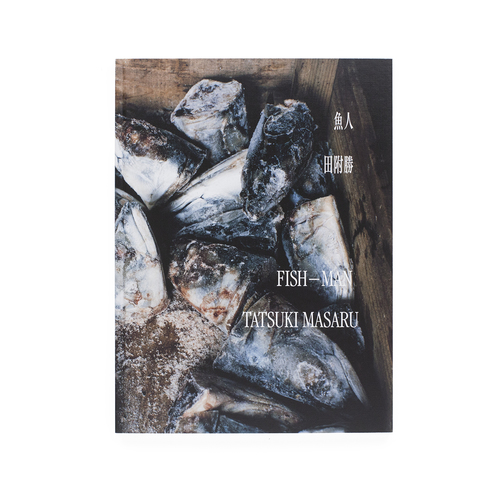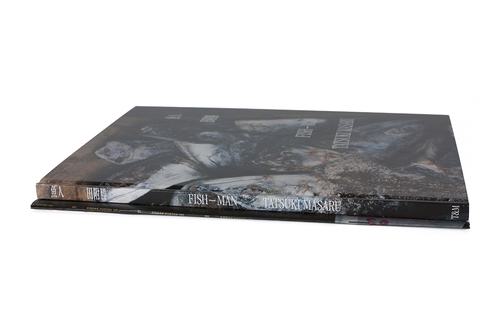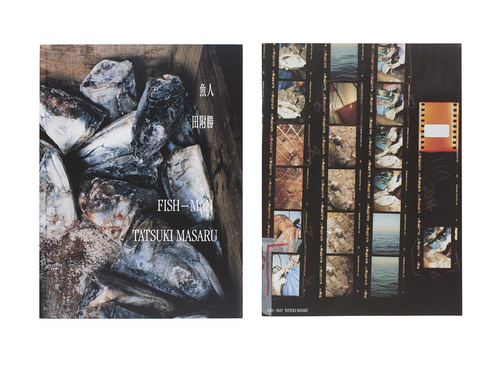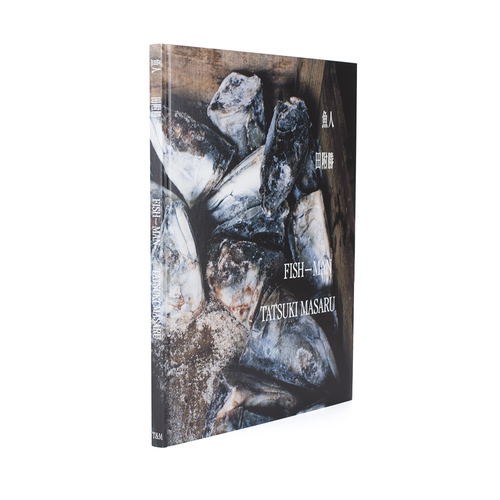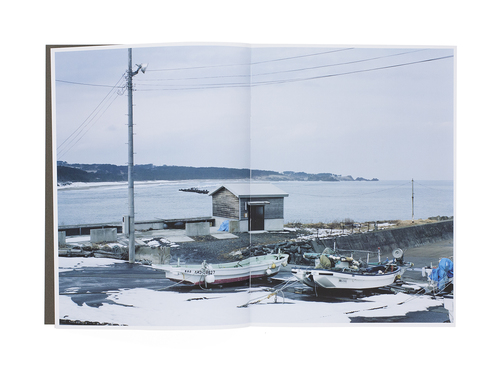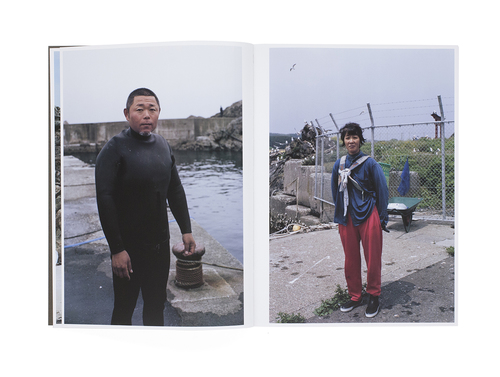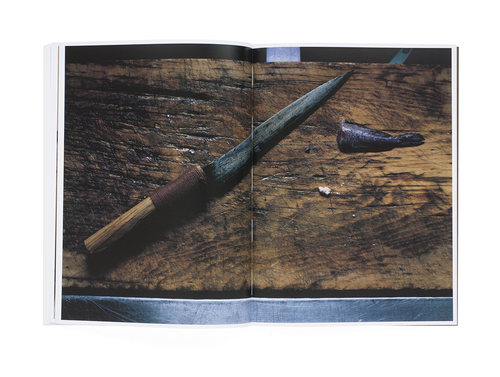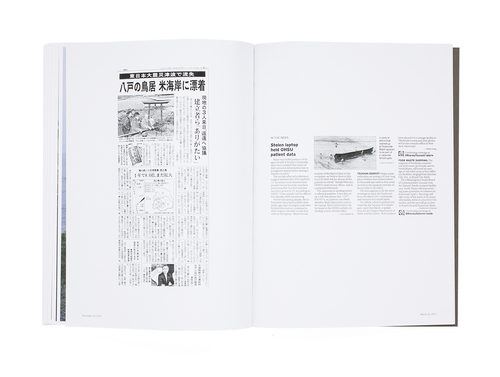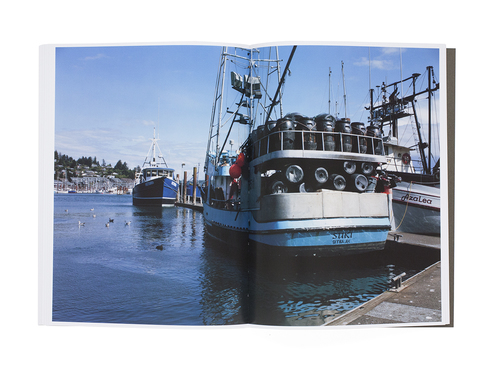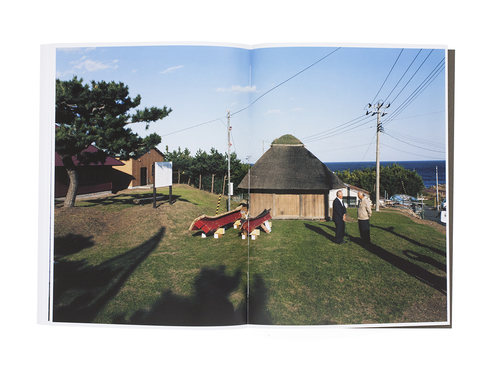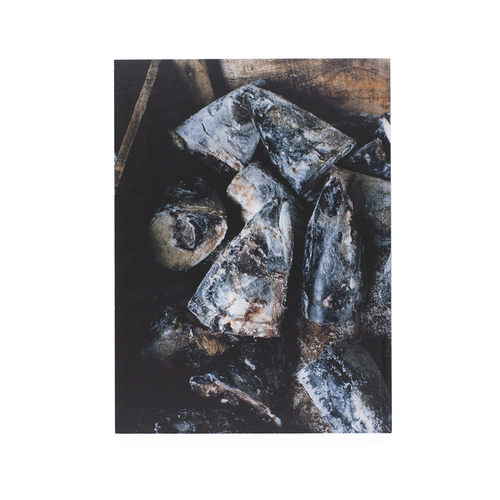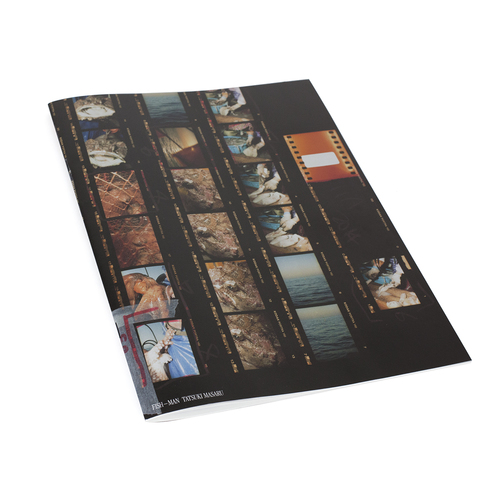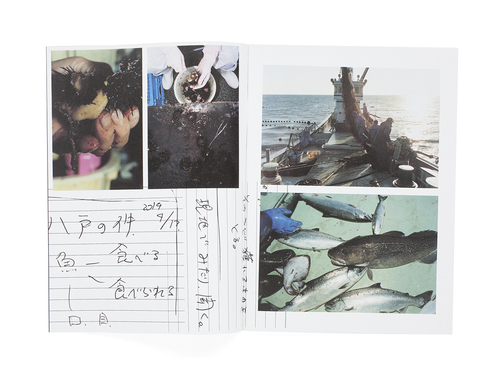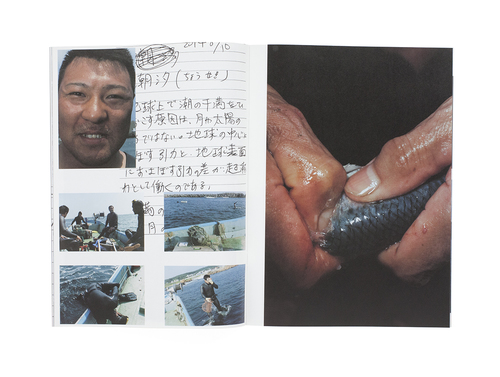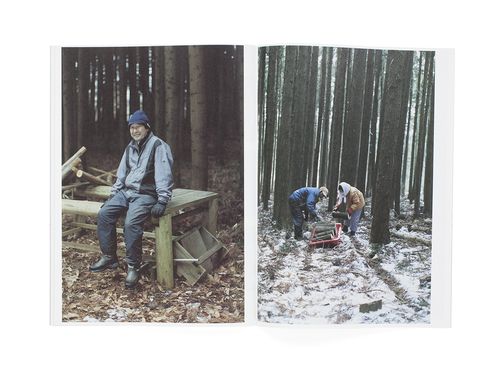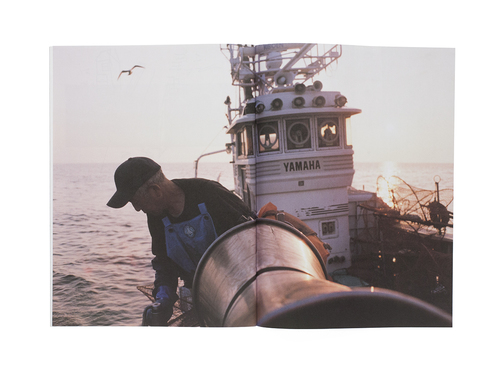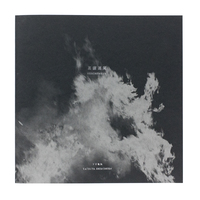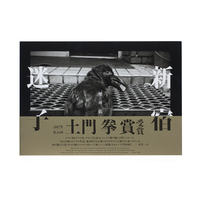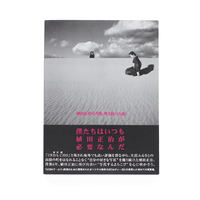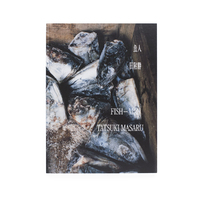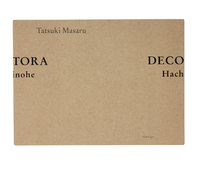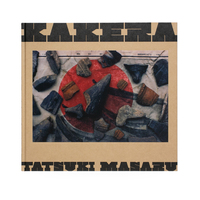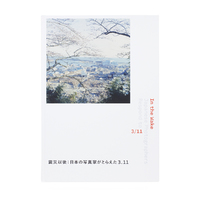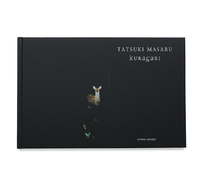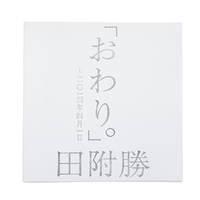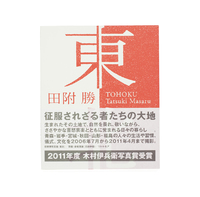Fish-Man
I first became interested in people who live by the sea while I was working on a photography project in northeast Japan a few years back. At the time I was visiting a small village located on a mountain ridge that straddles the ocean. Wandering down a footpath, I discovered a small wooden boat that had been abandoned and since rotted through. From its deteriorated frame grew a tree lush with green leaves.
The mountains and the ocean are intertwined, and its inhabitants - humans, nature, land animals, and sea animals - all related.
This experience led me to Okuki, another small village in northeast Japan. The houses of the village are aligned neatly on the mountain’s gently sloping ridge, extending towards the ocean. Every house has a view of the ocean and the air carries its pleasant scent. The ocean’s commanding presence fills my body completely. The village fishermen leave port before dawn and are hard at work by the time the sunrises and warms their backs. Signaling the beginning of the day, the sunrise is visible from any place in the village. The fishermen do not pride themselves in the biggest, wildest catch of the day, rather every time they return to port safely. They always do so with a proud smile. Any fish they do not sell they eat with their families and share with their neighbors. When the fishermen are not at work in the ocean, they work on small plots of farmland. Each family in the village tends their own crops, planting and storing according to the changing seasons. They cut down trees from nearby woods to fuel their fires, cook freshly caught fish, and warm their homes in the winter.
The fishermen are able to produce every necessity of life by working the land and sea with their own hands.
They hunt fish and eat them almost every day. They live near the ocean, work in the ocean, and function as a part of the ocean. I firmly believe that these are not just fishermen but “fish-men.” They coexist with sea life, understanding the ocean as fish do and proceeds towards the ocean. The fish-man lives cradled in the ocean’s embrace.
As long as there are people in this village I believe the fish-man’s way of life will continue.
I returned to Okuki Village several times to shoot more photographs, and I learned that the gate leading to a Shinto shrine at the fishing harbor was damaged in 2011, when the Great East Japan earthquake and tsunami hit the coast. The top of the gate broke off and washed ashore on a beach in Oregon State two years later.
When I joined the fishermen on their boats, I often had a feeling that we could travel further and further, infinitely and when I hard news of the gate, I knew I had to go to America.
The gate arrived with shellfish stuck to its surface, looking as though it had aged considerably on its journey, but it retained its original red color. It was then stored for some time in a large garage. When I arrived in Oregon to see the gate, I looked around the area where it washed ashore. By chance, I met some local fishermen, and they told me stories about their lives.
These men, I learned, approach the ocean and their work in the very same way as the men in Okuki. Their lifestyle does not change, whether from Japan or America. As the sunset, people sat about the beach. They watched the sky slowly darken and listened to the sounds of the ocean.
This land once seemed so distant but now feels so very close.
― Masaru Tatsuki
- Book Size
- 297 x 210 mm
- Pages
- 144 pages
- Binding
- 1 Softcover, 1 Hardcover
- Publication Date
- 2015
- Language
- English, Japanese
